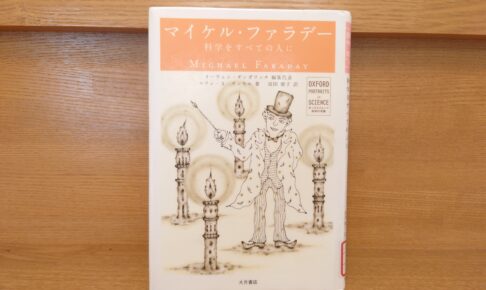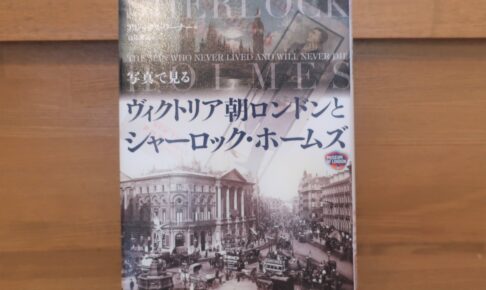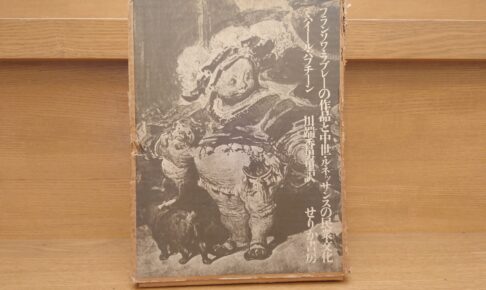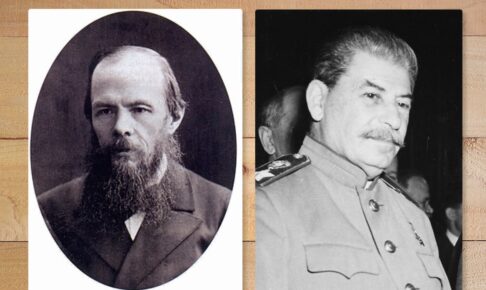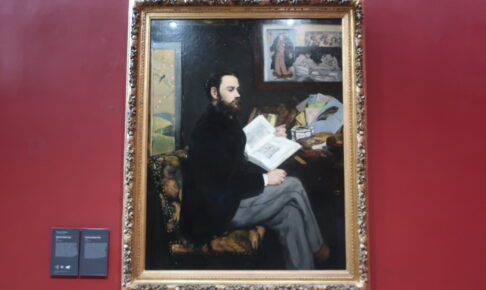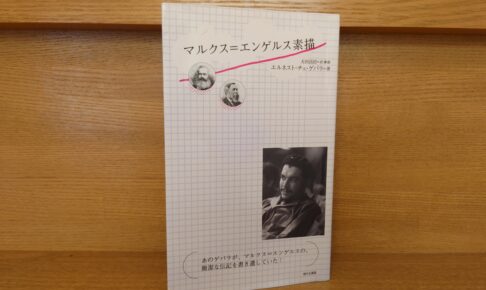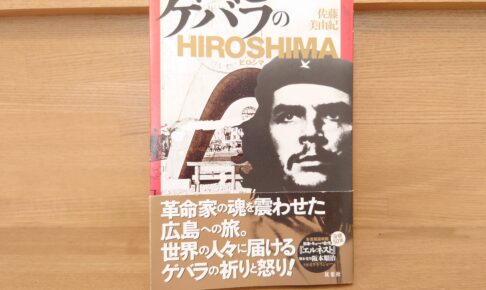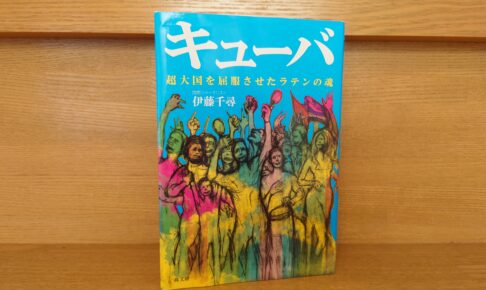Oxford Portrait of Science: Faraday" - Recommended biography of the early 19th century English scientific genius who laid the foundation of electric civilization.
Faraday was a scientist born in London in 1791.
Speaking of Faraday, even though I was not good at science subjects, I vaguely remembered the term "Faraday's Law.
I had an image of him as a big name in the scientific world, but I had no idea about the time period in which he lived and what kind of life he led.
This biography was such a surprise to me.
I also appreciated this biography, which also gives me an insight into the atmosphere of 19th century England.












